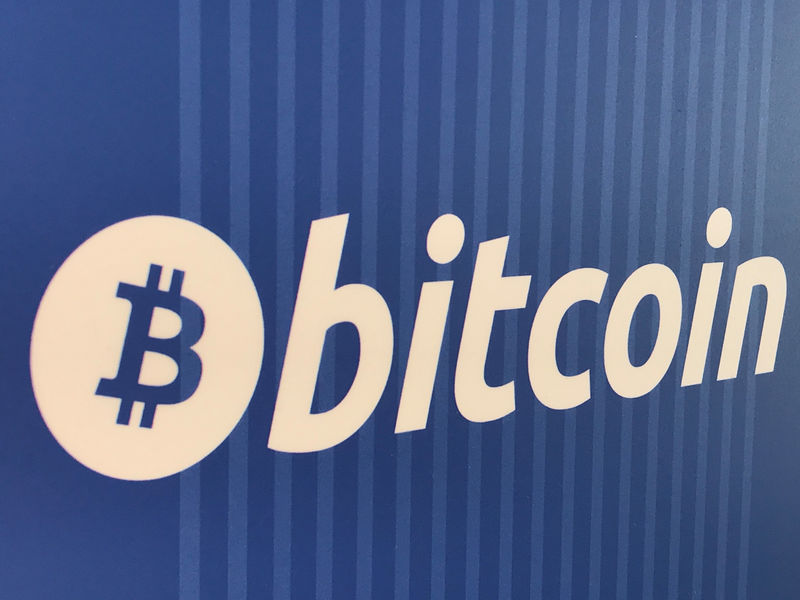Recent findings suggest that F2Pool, one of the leading Bitcoin mining pools, may be selectively censoring transactions that are sanctioned by the Office of Foreign Assets Control (OFAC), despite these transactions offering competitive network fees. This behavior could signal a worrying trend toward centralization within the Bitcoin network.
Investigations into F2Pool's activities reveal that on Sunday, blocks numbered 810727, 811791, 811920, and 813357 contained no OFAC-sanctioned transactions. Developer 0xB10C reported these findings after monitoring transaction selections via miningpool. observer. The evidence points to a deliberate choice by F2Pool to exclude these transactions, which contrasts with other mining pools where similar patterns were identified but later attributed to false positives.
The concerns surrounding F2Pool's practices stem from the increasing regulatory pressures on cryptocurrency entities to comply with know-your-customer (KYC) and anti-money laundering (AML) guidelines. As regulatory scrutiny intensifies, some industry participants worry that the decentralized ethos of cryptocurrency is under threat if major players like mining pools begin to act as gatekeepers, deciding which transactions are included in the blockchain.
Mempool. space rankings have confirmed a pattern of centralization, raising questions about the implications for the broader Bitcoin ecosystem. If such trends continue, they could potentially undermine the trustless and censorship-resistant principles that underpin Bitcoin and other cryptocurrencies. The situation with F2Pool will likely be monitored closely by both industry insiders and regulators alike, as it may set a precedent for how mining pools engage with sanctioned transactions in the future.
This article was generated with the support of AI and reviewed by an editor. For more information see our T&C.
Which stock should you buy in your very next trade?
With valuations skyrocketing in 2024, many investors are uneasy putting more money into stocks. Unsure where to invest next? Get access to our proven portfolios and discover high-potential opportunities.
In 2024 alone, ProPicks AI identified 2 stocks that surged over 150%, 4 additional stocks that leaped over 30%, and 3 more that climbed over 25%. That's an impressive track record.
With portfolios tailored for Dow stocks, S&P stocks, Tech stocks, and Mid Cap stocks, you can explore various wealth-building strategies.
